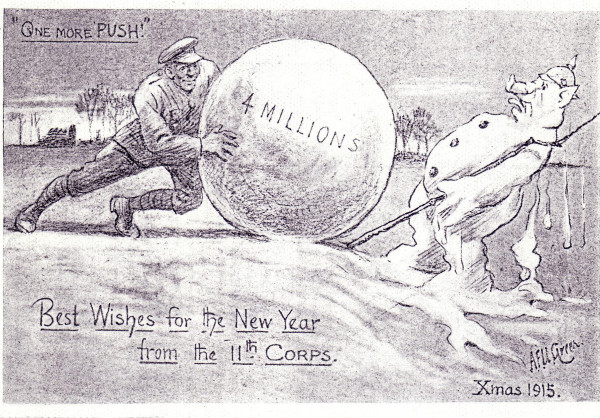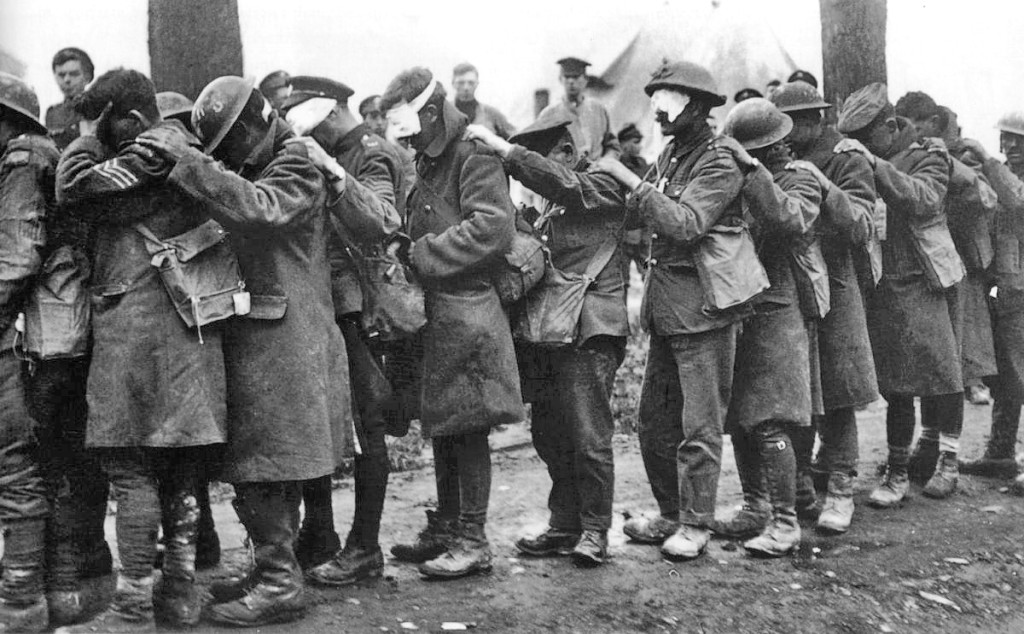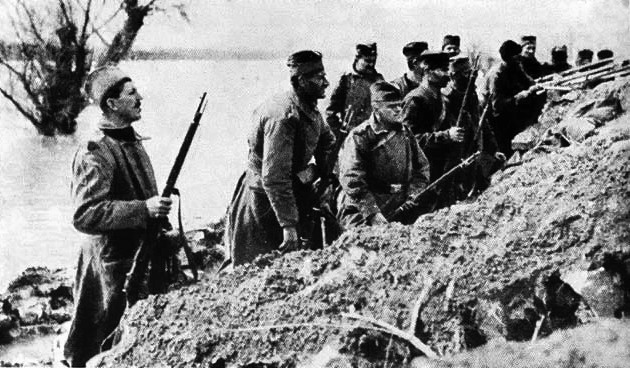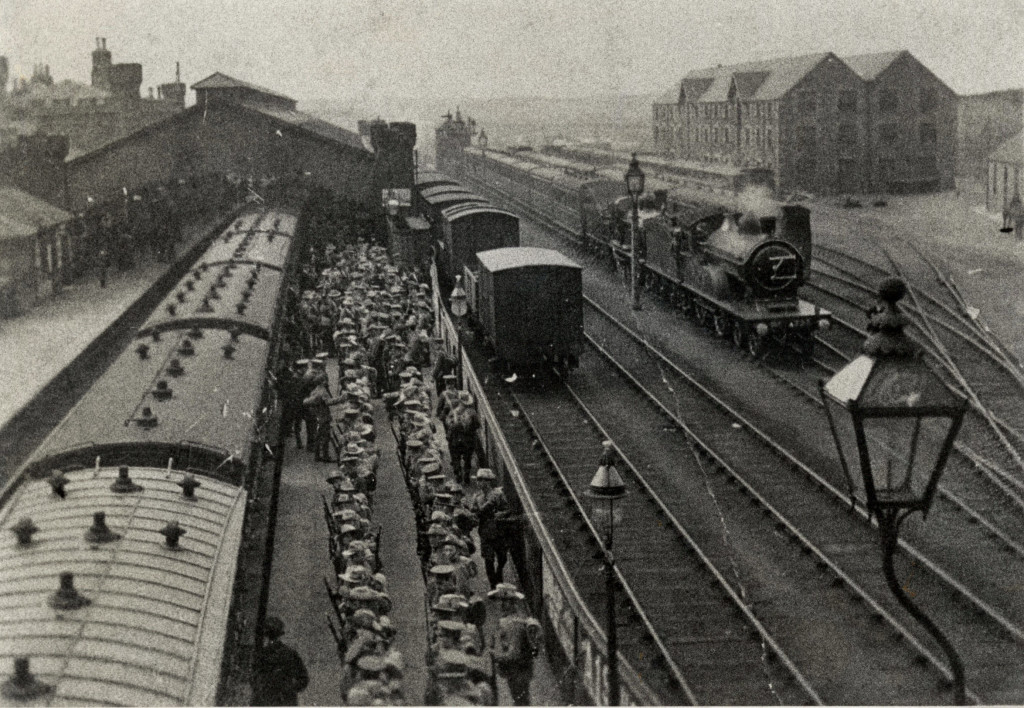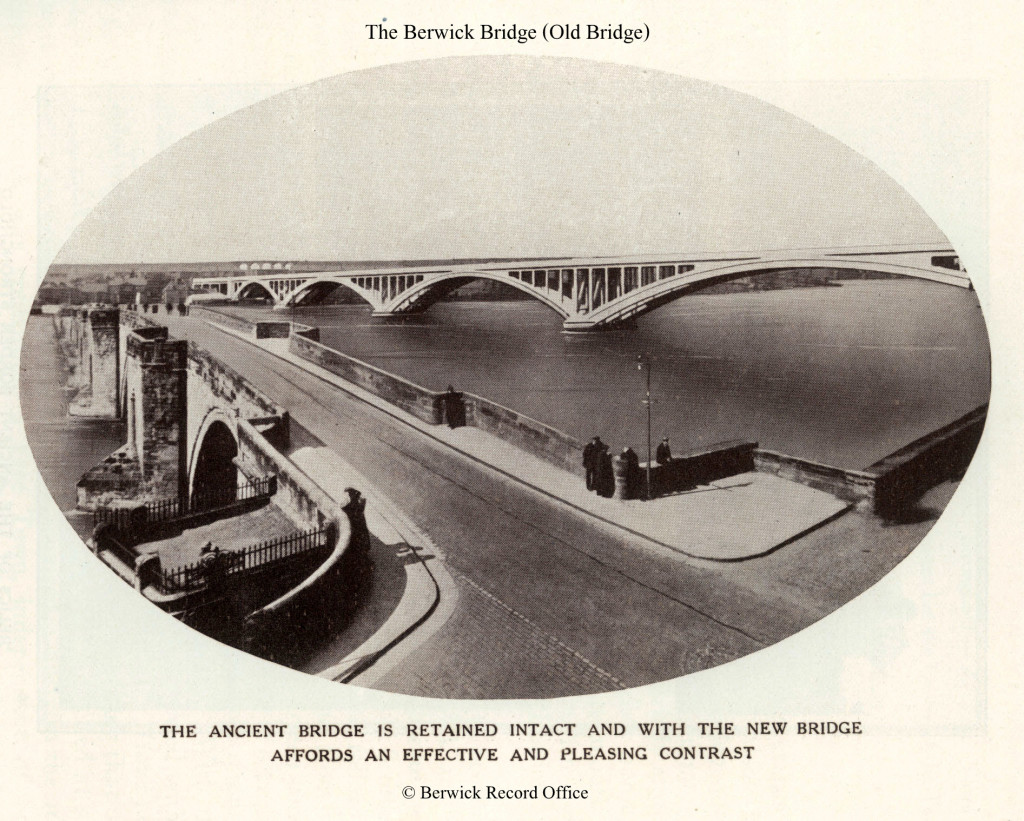BERWICK ADVERTISER, 18 FEBRUARY 1916
A BLESSING FOR BERWICK-UPON-TWEED
Mr Winston, The Eyesight Specialist, has been persuaded to remain another week until Saturday, 26th February.
In consequence of numerous applications from those whom he was unable to attend to during the last five days of his sojourn in Berwick, Mr Winston has decided to remain another week with us, and give those who have not yet had the opportunity of interviewing him the advantage of his free advice.
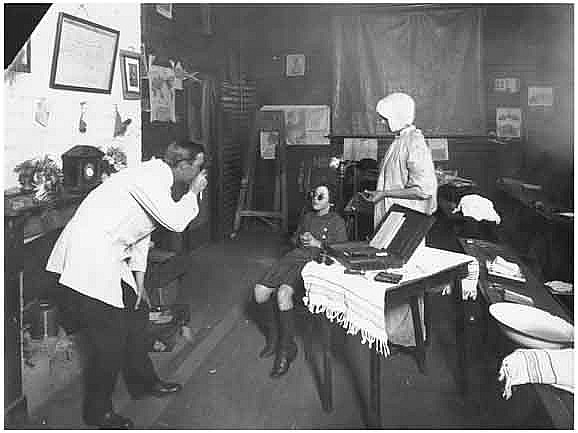
NOT AN OCULIST
It must be distinctly understood that Mr Winston does not pose as an oculist, that, is, according to the dictionary, “once skilled in diseases of the eyes,” but he claims to be, and is justified in doing so, the most expert specialist Optometrist or Optician in England. He has tested the eyesight of no fewer that a hundred thousand people in London alone during the past five years, and has fitted glasses to sixty thousand of them in his store, 72 Regent Street. The chemist is not an optician, neither is the doctor, nor the oculist even. Their education and experience have taught them the nature and use of drugs with regard to ailments, but for impaired vision the scientific optician is the man.
WOMEN WORKERS
Mr Winston has found during the past week that the strenuous work the war has thrown upon women has considerably affected their eyes – probably previously weak- and has produced in numerous cases those terrible headaches from which so many women suffer. He has in the majority of cases recommended a cheap pair of lenses to use when they are at work, but which they need not use and – as they think – disfigure themselves afterwards. Make the most of the opportunity of seeing Mr Winston, as he will not be able to stop in BERWICK ANY LONGER THAN FEB. 26th inclusive.
Mr Winston can now be seen by anyone from 10 to 1 or 2 to 7.30, at the CORN EXCHANGE, BERWICK-ON-TWEED, and they can obtain advice perfectly free of any charge. So do not neglect an opportunity which may never occur again. Special appointments can be arranged by post. N.B.- A written guarantee with all work for ten years.
BERWICK PETTY SESSIONS
USING THE ROOM OWING TO THE RATS
Elizabeth Gleig, Berwick, married, was charged with allowing the chimney of her house in East Street to be on fire on Thursday, 10th inst.
Police Constable Watt stated that the chimney was very dirty and clouds of smoke issued. He could see these from the top of Hide Hill. It burned for a quarter of an hour. On proceeding to the house he found it was the room chimney which had caught fire, and a young boy had been using an old tray to create a draught. The defendant told him that the chimney had not been swept for two years, and that the fire was not often kindled.
The defendant stated that since her husband joined the army she had using the room, as the kitchen was infested with rats. She had been two years in the house, and as she never used the room until recently the chimney had not been swept.
She was fined 2s 6d.
LOCAL NEWS
Local Fancier’s Important win – Showing at Crufts Great International Dog Show, held in the Royal Agricultural Hall, London, February 9th, 10th, and 11th, Mr David Black, Berwick, successfully brought out a smart home-bred bull dog puppy, and won second prize Dog Puppies (14 entries), third prize Junior Dogs, and v.h.c. Maiden Dogs (18 entries). Crufts is acknowledged to be the greatest dog show held throughout the year, and some idea may be gathered from the fact that the total entries reached the enormous number of 3,235. It is interesting to note that this show was honoured with double Royal patronage, both the King and Queen being first prize winners with their exhibits.
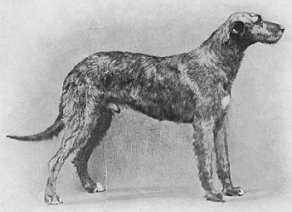
Engine Derailed on Border Bridge – On Wednesday morning a North British goods engine went off the rails as it was proceeding from Tweedmouth to Berwick. The engine had just entered on the second arch of the Royal Border Bridge when it became derailed, the result being that it blocked both lines. The 7.45 train from Edinburgh was delayed half an hour at Berwick ere [sic] one of the lines was cleared. The traffic had to be conducted on a single line all forenoon, and a break-down gang from Tweedmouth were busily engaged with a crane replacing the engine on the metals. The cause of the accident is unknown, and fortunately no one was injured.
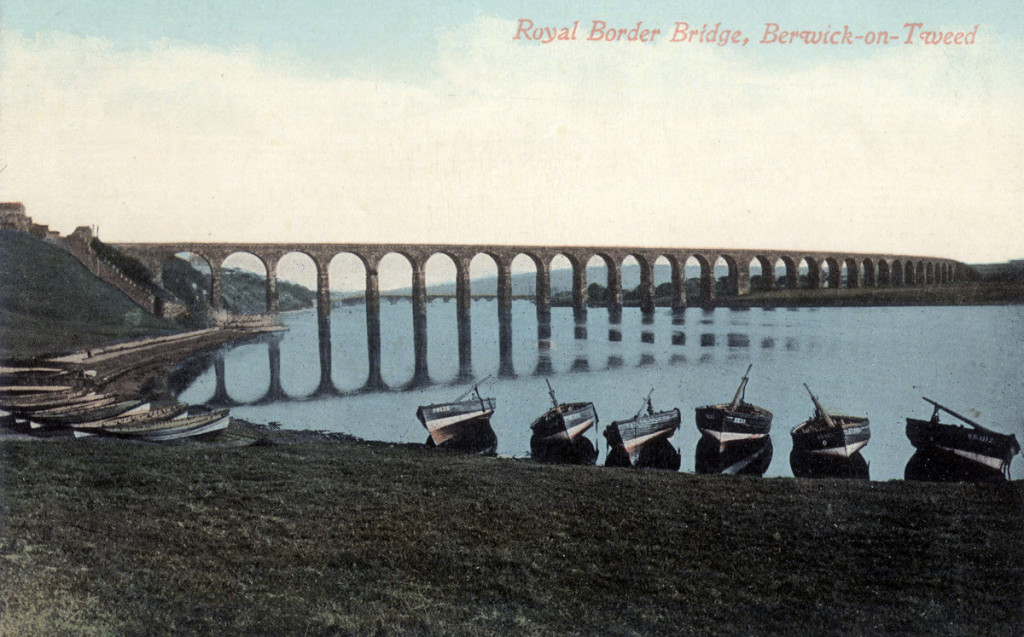
THE PLAYHOUSE
Average houses have been present during the past week and have greatly appreciated the programme provided. For the coming week the management have arranged a bill of exceptional merit. “The Counterfeiter” a new and powerful Sexton Blake drama will be screened on Monday, Tuesday, and Wednesday, and being full of exciting incidents and movements from start to finish, it should indeed prove a popular choice. The latter part of the week will provide a film of no mean order entitled “Every Woman Should Know.” The picture is a revelation of highly skilled acting, and being essentially a morality play, should these times, with all their disturbing element, create quite a sensation. In it, woman descends into the lowest depths, following the lure of vanity, flattery, vice and evil, only at the last moment to turn aside from the path of sin and embrace the spirit of God, which has ever followed her. This week’s vaudeville performance stars the “original Pimple,” formerly of “Tom White’s Arabs” fame. Patrons would be well advised to see this screaming turn.


